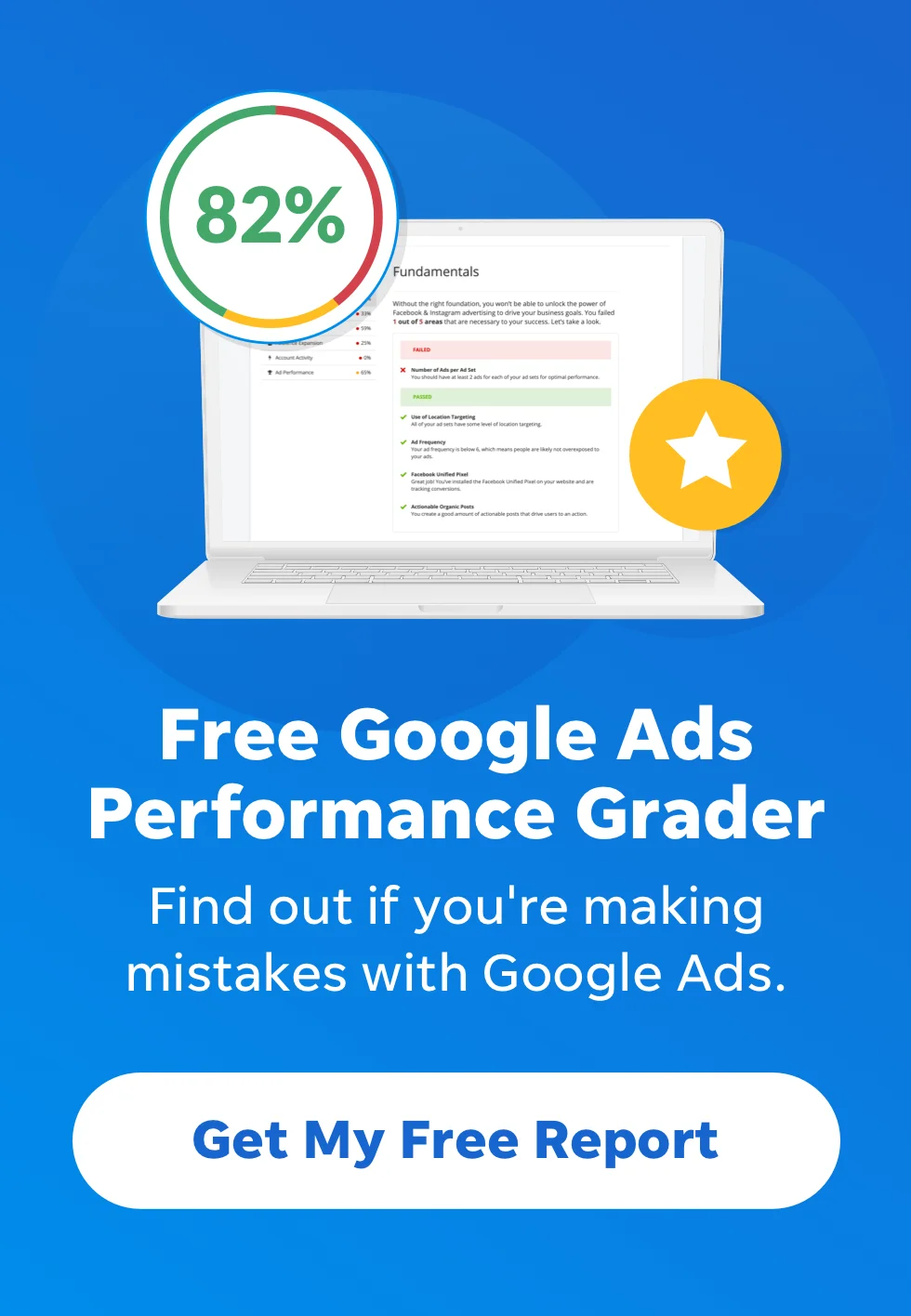Real Life Link Building: Three Real Relationships You Can Turn Into Virtual Votes
If I start talking about achieving scale and identifying points of leverage in your marketing efforts you’ll likely think about automating processes, software, and maybe about “viral marketing.” You probably don’t think about relationship building, but in reality it’s one of the most leveraged marketing tactics available to you.
This is counter-intuitive because typically we think about relationships as being primarily 1 to 1. But marketing at scale really starts with strong relationships now more than ever because:
- Everyone’s a Publisher – Everyone has a syndication channel. Even borderline introverts have a handful of Facebook friends and Twitter followers. Blogging has become remarkably easy and can be completely free.
- Spreading Ideas Gets Easier Everyday – If you scan 10 TechCrunch headlines you’ll see five stories about companies trying to help people share something: pictures, ideas, games…one relationship (good or bad) can quickly impact the opinion of five, ten, twenty other people.
- The Lines Between Online and Offline are Blurring – Email, Twitter, and Facebook sit on my Droid and come with me everywhere I go. Right now I have my laptop out and am writing a blog post at a diner that doesn’t have WiFi, because I have wireless anywhere. And companies are getting better and better at solving the hard problems around online/offline attribution.
As a result, one of the best link building strategies you can tap into is turning real life relationships into links. There are a lot of different approaches to take here, but I’ll talk about three specifically.
Turning Vendors into Linkers: The Old Testimonial Trick
This certainly isn’t a new tactic, but customer testimonials are a great example of a relationship-based link building tactic. One of the key things to think about in getting links out of your real life relationships is that in order for this to work at scale, there needs to be a degree of quid pro quo. If you identify a tactic where you’re clearly benefiting more than the linker, that can be difficult to scale (or at the very least it’s a different “type” of scale).
A testimonial is great because it allows you to identify a product or service provider you use and are happy with, it offers the vendor social proof and some marketing collateral, and you get a few (likely deep) links. These links can be powerful because:
- You often get access to a link from an authoritative site you wouldn’t otherwise have reason to get
- They’re frequently links your competitors don’t have in their profiles and won’t be able to replicate
- Since you’re a customer, vendors will often be very accommodating with anchor text and will be willing to link at whatever page you like (even those sales pages you usually have to build manual links to or funnel equity at from other content)
Thought Leaders are People Too (And They Link at Stuff!)
When we launched WordStream we tried a lot of different things to build relationships and get attention from the search marketing “thought leadership” community, but one of the most effective ways we built relationships (and eventually links) was just telling people when we liked their posts, tools, and ideas.
If you’re just starting a blog interacting in the community can be intimidating, but the reality is people who blog and are active in social media are looking for feedback. They want to connect with people who share (or can constructively challenge) their world views. Almost every single person we’ve reached out to at WordStream has been some combination of kind, helpful, and liberal with their time.
Three really valuable relationships we built at WordStream (that also led to a number of authoritative links) started with our telling people we liked what they were doing.
I read a link building post Garrett French wrote on Search Engine Land and sent him a note to tell him how awesome I thought it was and that I was going to put the process he’d outlined to work (which was true). That sparked a series of emails and since then the guys at Ontolo have been as good “friends of WordStream” as we could ask for.
Similarly I saw a question someone had asked on LinkedIn about alternatives to trial and error for learning more about Google’s algorithm. I responded that learning more about patents was a great way to learn more about the algorithm and pointed them to Bill Slawski and Dave Harry, since both consistently churn out great content on the subject. Dave happened to stumble onto the thread and we connected, and he and the Dojo have been awesome friends and partners for WordStream ever since. (By the way, if you’re not already a subscriber, go subscribe to Search News Central. The content over there is really outstanding, lots of in-depth actionable stuff without any of the typical “me-too” redundancies.)
Again along the same lines, I was a member at SEO Book and wrote a review of their service and shot Aaron a note. That led to a link from SEO Book and got us mentioned in the same breath as Tony Mandarich and again led to a relationship that was both really positive for our business and resulted in links over time.
Identifying and reaching out to people whose content and perspective you relate to is a great link building strategy because:
- It’s easy to get their attention, since you genuinely agree with what they’re writing and are familiar with their work, meaning you’ll have a real and unique take when you approach them (which cuts through the noise of people who are sending out email templates). This not only means your success rate will be high, but it also means these are unique links that will be difficult to replicate.
- You now have an audience with really influential people who have a similar perspective to yours. What better candidate could you ask for to link at the content you create down the line?!
- You get way more than just links — anyone building links should be doing it as an input to help build your business. Therefore if you find approaches that help you get value well beyond links they’re even more valuable than one-dimentional links that just help boost your organic rankings.
Interact with Your Community
And write great content! Just kidding. “Interact with your community” is obviously an overused and under-explained concept, but finding the people who care and talk about your subject and then interacting with them is a powerful link building strategy.
Let me give a more tangible example from the WordStream blog.
I have a pretty poorly (un?) segmented Twitter list with people whose Tweets I care about. On the list are a lot of really smart PPC experts. One of them tweeted out a question about AdWords auto targets and product targets tab. I wasn’t really familiar with the feature and thought it was interesting so I wrote up a quick blog post asking if anyone else had more information. I also tweeted the link to the post.
Within minutes some of those same really smart PPC experts that I follow came back with some great information about the feature.
How does this translate into links?
First off, my post from yesterday is now the only PPC-related post on the first page of Google for “auto targets” and ranks first for “product targets,” and thanks to Chad and Jessica that post is now a pretty good resource for learning more about auto targets within AdWords, so it’ll likely get cited by bloggers who (like me) want more information on the topic.
And an even cleaner example of how community participation leads to links is that everyone who helped us get more information got a link. They weren’t promoting their own content, just helping to answer a question, but they got a bit of exposure and I made a point of linking both to the source they provided and to their sites/Twitter profiles. And now myself and anyone else who was itching to learn more about auto targets will be grateful for the help and much more likely to link at their stuff in future.
Connecting the Dots Backwards
Despite the fact that Mr. Jobs thinks it’s impossible, let’s try to connect the dots backwards here: What are the common threads that weave through these tactics?
- Real Passion is a Great Link Building Technique – Whether you’re genuinely excited about a product or service, enthusiastic about someone else’s work, or sharing your passion and expertise with other people in your field, sharing passion is a great link building strategy.
- Relationships are Hard to Replicate – The best links you can build are trusted links your competitors can’t get. Relationships take time, effort, and in many cases expertise and genuine interest to cultivate and maintain. That can’t be outsourced. Big companies can’t get interns to replicate that level of relationship building. You’ll have acquired a set of links that are very, very hard for your competitors to get. Now you can just look at their link profile and pick off all the low hanging fruit :).
- It’s All Marketing – The biggest win for us in most of the above relationships wasn’t the links. The benefits were multi-fold and links were just one facet. Even in more technical marketing disciplines things like relationship building, great storytelling, and good content and smart promotion is how to get maximum attention for your product or service.
So go build some links relationships! If you’re in the search space you can start in the comments by telling me what an awesome post this was (or really get my attention and tell me why you think I just wasted the last 1600 words of your life).
Meet The Author
Tom Demers
Tom Demers is Co-Founder & Managing Partner at Measured SEM and Cornerstone Content.
See other posts by Tom Demers
More Articles Like This
Comments
Please read our Comment Policy before commenting.






